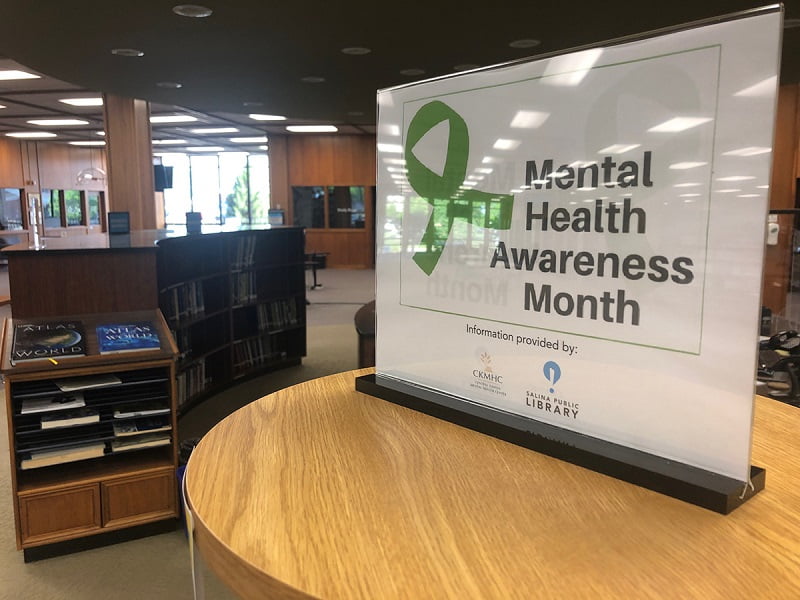
Mental health discussions are becoming more common in mainstream culture. We are fortunate in our current society to have so many resources available to us promoting mental health. One valuable source of information is Mental Health America — a community-based non-profit whose mission is to promote mental health as a critical part of overall wellness. Its website helps us to understand the fundamentals of mental health:
Mental health refers to our emotional and social well-being and impacts how we think, feel, and behave. It plays a role in connecting with others, making decisions, handling stress, and many other aspects of daily life. Everyone has mental health, and it deserves your attention just as much as your physical health does.
Mental health is important for all of us. Taking care of yourself is critical to prevent your mental health from worsening —factors like nutrition and gut health, stress, sleep, relationships, trauma, and more can contribute to poor mental health. If your mental health is in a good spot, it is a great time to practice coping skills — ways to help you deal with hard feelings — so that you’re better able to handle tough times when they happen.
You can have times of poor mental health without having a diagnosable condition — just like you can be generally physically unhealthy without having a particular illness. A mental health concern is anything that causes a person to believe their mental health may be suffering. You don’t need to be diagnosed with a mental health condition to be dealing with a mental health concern.
Many people struggle with not feeling “sick enough” to seek help early on in their mental health journey. The average delay between symptom onset and treatment is 11 years, meaning a lot of people spend months or years facing mental health challenges before getting a diagnosis. It is never too early to seek treatment — if you want help for your mental health, you deserve to get it.
A mental health condition, or mental illness, refers to a set of symptoms that have been identified by the mental health community. Mental health conditions are described in the Diagnostic and Statistical Manual of Mental Disorders (DSM-V), the International Classification of Diseases (ICD-11), or by people with lived experience.
People with mental health conditions deal with changes in emotions, thinking, and/or behavior. For some, this means extreme and unexpected changes in mood – like feeling much more sad or worried than usual. For others, it means not thinking clearly, pulling away from friends and activities you used to enjoy, or hearing voices that others do not. To be diagnosed, the changes in your thinking and emotions must be seriously hurting your ability to do the things you want to do; and sticking around longer than they should – weeks or months, depending on the condition. No matter what kind of mental health condition someone is facing, it’s always possible to recover.
Salina Public Library and Central Kansas Mental Health Center have partnered to create a display at the library including library titles and informational flyers from CKMHC.
Some titles recommended by CKMHC included in the display are:
“Maybe You Should Talk to Someone” by Lori Gottlieb
“The Body Keeps the Score” by Dr. Bessel van der Kolk
“The Happiness Project” by Gretchen Rubin (or other Gretchen Rubin titles)
“How to be Yourself” by Ellen Hendricksen
“What Happened to You?” By Oprah Winfrey
“Group” by Christie Tate
“An Unquiet Mind” by Kay Redfield Jamison
“First we make the Beast Beautiful” by Sarah Wilson
“Atomic Habits” by James Clear
“The Book of Joy” by Dalai Lama and Desmond Tutu
“The Highly Sensitive Person” by Elaine N. Aron
“My Grandmother’s Hands” by Resmaa Menakem
“Lying on the Couch: A Novel” by Irvin Yalom
“Self-Compassion: The Proven Power of Being Kind to Yourself” by Kristin Neff
“Atlas of the Heart” by Brene Brown (and other Brene Brown titles)
All of these titles (and many others) are located on the display next to the Information Desk and available for check-out.

About The Author: Information Services
More posts by Information Services